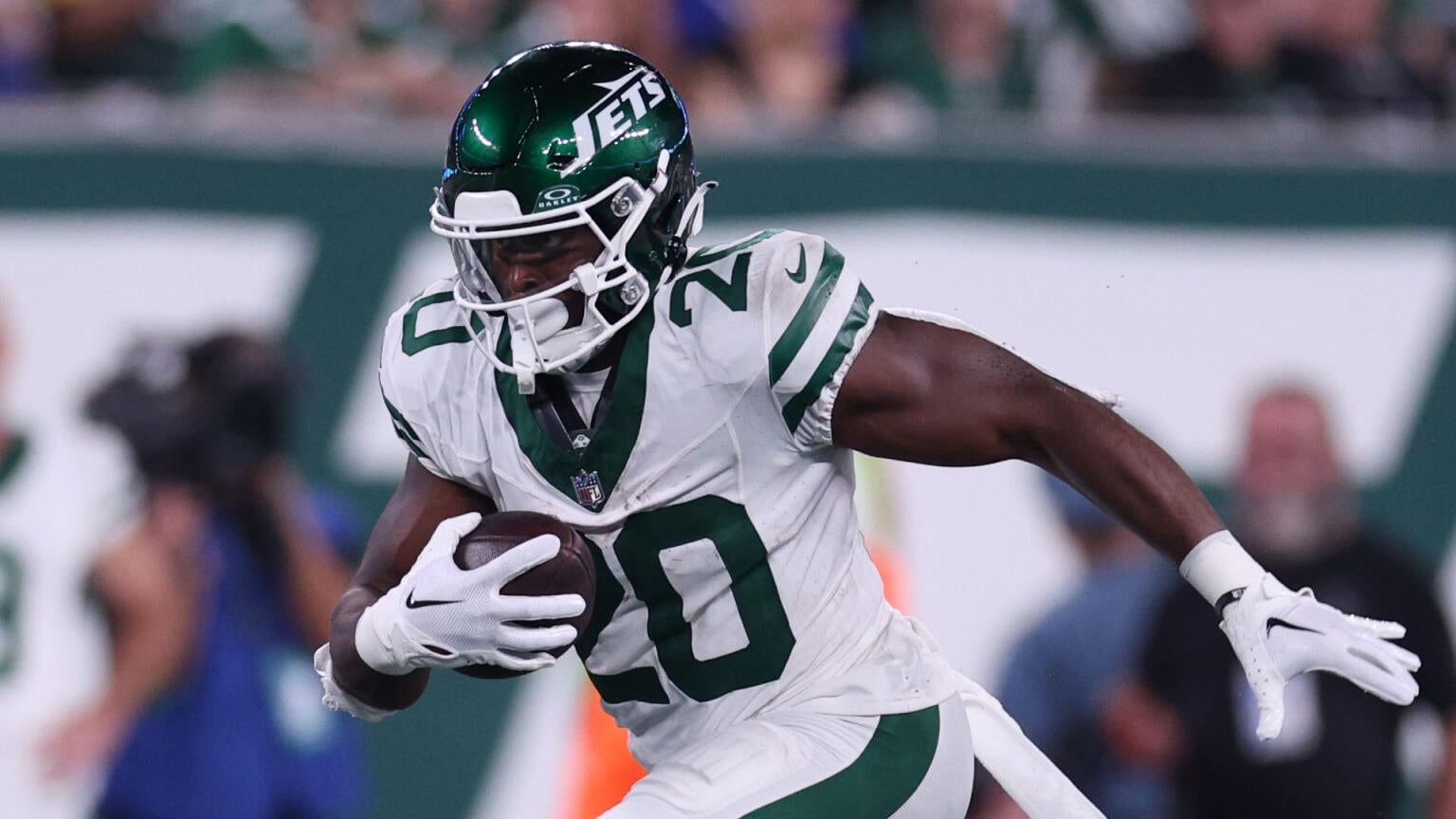Does New Sports Streamer from Disney, Fox and Warner Bros. Discovery Need to Grow to Survive?
Commentary from Policyband is casting doubt on whether the new joint venture streamer will be able to survive in the face of gigantic tech firms like Apple and Google.

The announcement that Disney, Fox and Warner Bros. Discovery would combine their sports rights on a new streaming platform due to launch this fall provoked a wide range of reactions. Some were elated, others furious, and sports leagues themselves were baffled, as many officials weren’t informed of the announcement until it was made. But Ted Hearn, editor of Policyband has a different reaction: that even before the streamer’s launch, it’s too small to stand up to Big Tech firms like Apple, Google and Amazon.
- Hearn points to the market capitalization of the three companies joining the JV versus that of Big Tech companies.
- He suggests that Comcast and Paramount Global join the JV to make it a true juggernaut.
- Big Tech firms have not historically proven more successful at making streaming a profitable business than entertainment companies.
Why New JV Sports Platform Could Struggle

Hearn makes an effective argument when he points out that the market capitalization of Disney, Fox, and Warner Bros. Discovery combined is $388 billion. Apple is worth $2.9 trillion, while Amazon’s capitalization is $1.8 trillion, and Google stands at $1.85 trillion.
Because these companies are so large, Hearn sees them as the future of the streaming world. Each company already has at least one streaming service of its own; Apple owns Apple TV+ and MLS Season Pass, while Google operates YouTube TV and Amazon owns Prime Video, Freevee and MGM+.
In order to survive better in the face of such behemoths, the JV streamer should try to incorporate the sports rights of both Comcast and Paramount Global, Hearn argues. That would certainly enlarge the new, unnamed platform, as it would place sports from all of the top broadcast channels and cable sports networks in the United States onto one streamer.
So, Is the Newly Proposed Streaming Service Too Small?

While Hearn’s points about the relative sizes of the companies involved in his argument are hard to refute, they ignore the point that none of the Big Tech firms he cites have had amazing success with their streaming services as of yet. YouTube TV is the closest; it recently announced it has 8 million subscribers, more than any other live TV streaming service by far and more than some cable and satellite companies, as well.
The argument that the JV streamer is too small is based on the premise that these companies will eventually rise up and put down all streaming competition. But if that is the eventual future of the industry, it’s still years away. Apple may have billions of customers total on its subscription services like Apple Music, Apple Books and its streamers, but estimates place its streaming subscriber total at around 40 to 50 million, which would place it firmly behind most of the other subscription video services on the market.
Prime Video is still in its adolescence, too, as it rolled out its ad-supported streaming plan less than a month ago. It’s also worth noting that these companies can’t compete directly with the JV sports streamer in terms of sports inventory right away, as some of the broadcast rights to games that will stream on the Disney/Fox/WBD platform won’t be available on the open market for years to come. All the money in the bank accounts of Amazon, Apple and Google combined wouldn’t convince the NFL to breach its contracts with its current broadcasting partners to sell more games to tech companies instead.
The solution of adding Comcast and Paramount’s sports rights may not be feasible, either. Some analysts believe the JV streamer is unlikely to be quashed by regulators in its current form, but how would the Department of Justice look on a streamer that carried streams of all the top sports-providing cable and local channels in the country? Even if the DOJ gave that platform its seal of approval, it would likely have to charge close to what live TV streamers and cable companies do to access the platform, and one of the main points of the JV service is to offer its content at a markedly lower price than the cable bundle.
There’s no arguing that Big Tech firms can outspend entertainment companies by a wide margin, and a takeover of the streaming industry by tech companies in the future may be inevitable. But it’s not going to happen overnight, and it seems unlikely that Amazon, Apple, or Google will swallow up enough of the streaming market that Disney, Fox, and WBD’s new sports streamer will be too small to stand on its own, at least for the short term.
-
Apple TV+
Apple TV+ is a subscription video streaming service for $9.99 a month that includes high-quality original shows and movies including Best Picture winner “CODA,” popular sitcom “Ted Lasso,” and dramas like “The Morning Show” and “Severance.” Apple TV+ is also home to MLB baseball games on Friday nights and MLS Season Pass.
-
Amazon Prime Video
Amazon Prime Video is a subscription video streaming service that includes on-demand access to 10,000+ movies, TV shows, and Prime Originals like “The Lord of the Rings: The Rings of Power,” “Jack Ryan,” “The Marvelous Mrs. Maisel,” “The Boys,” and more. Subscribers can also add third-party services like Max, Showtime, STARZ, and dozens more with Amazon Prime Video Channels. Prime Video also offers exclusive live access to NFL Thursday Night Football.
-
YouTube TV
YouTube TV is a live TV streaming service with more than 60 channels for $72.99/month. This plan includes local channels, 32 of the top 35 cable channels, and regional sports networks (RSNs) in select markets. The service includes an unlimited DVR.



